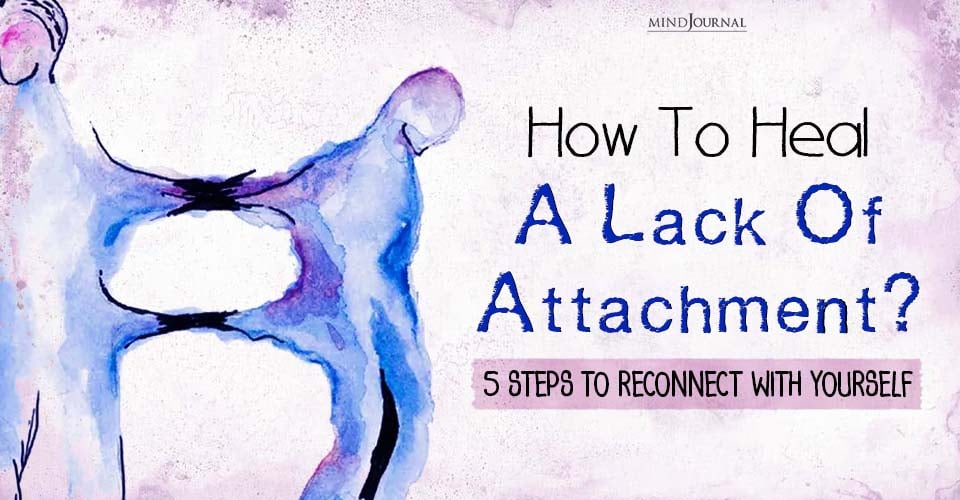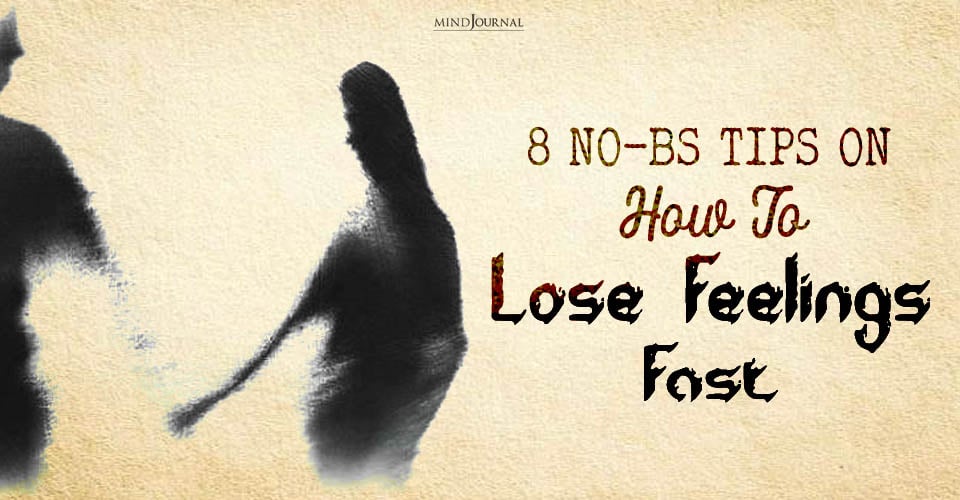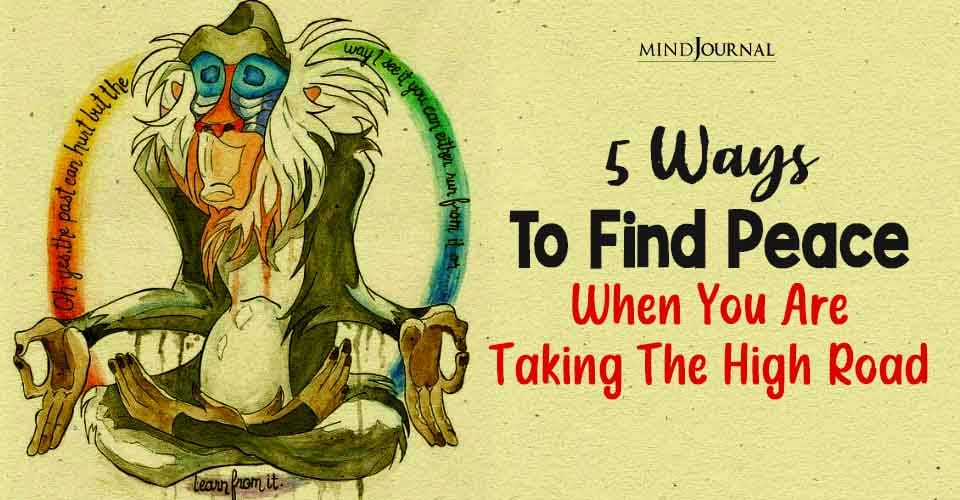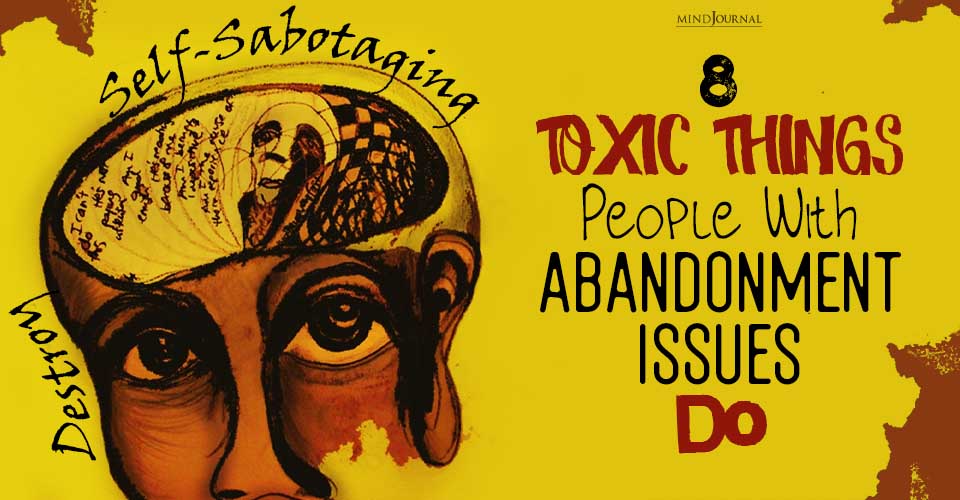“You will find that it is necessary to let things go; simply for the reason that they are heavy. So let them go, let go of them. I tie no weights to my ankles.”
― C. JoyBell C.
The other day, I was having dinner with my friends after a long time and we had tons to catch up with. Narrating our experiences, the topic of endings arose. Yes, endings, sad, painful endings before life moved on. I never belonged to those who would celebrate something new like a new job, wedding, a new house, a baby and so on.
Do we always need to celebrate the start of something new? What about endings? Are endings always meant to be sad? Can’t we look at endings in a different way? As new beginnings perhaps? Would then, these celebrations of new beginnings matter much? I guess not.
My friends call me pessimistic. I have always tried to figure out the reasons. Well, it’s simple. Negativity has always been attached to impermanence which, in reality, is in fact, absurd.
I abhor negative thoughts and I always cherish positive vibes. So, I have always looked at impermanence from a different point of view, from the point of view of positivity. Why do we always need to mope about when something ends? Can’t it be taken as a start of something new? Can’t it have positive attributes too?
It’s been strewn in our head that endings are meant to be painful. I had quite a good number of experiences when it comes to loss.
Whenever I lost something or someone, I would get obsessed with the object of loss. I would become desperate and try to hold on it, thereby growing miserable every moment. Years passed like this and I realized how horrible I felt. And so, I learned to let things go. I realized that the primary issue was not losing but rather, getting obsessed by the fact that I was losing something.
Impermanence is something which is an integral part of our lives. It happens within our body and outside. Our cells die, our hair falls and so many things happen. Consciously or unconsciously, we are always letting things go. Having studied Buddhism, I have learned a lot about impermanence. There are scriptures and philosophies which talk about impermanence. But these are not needed while understanding the basics of impermanence. Thoughts, emotions, feelings, clothes…so many things we have learned to let go.
It’s the truth of life.
The universe is governed by the cycle of birth and death. So, when one dies, one begins a new journey and that’s what impermanence is. Death is not the ultimate end of life. Rather, it’s a new beginning.
Our life is in constant flux. Things are changing and with one change, others change too. The moment we lose something or someone, there’s a change in our lives because each and everything is connected, is interdependent.
We, of course, are conscious of this change, of this law. We do know that nothing in this world is permanent; we do know that we have to understand to let things go. It’s the law of the universe. But it’s easier said than done. When someone dies or breaks up with us, we are heartbroken; we want that person back; we spend our time grieving for that person, holding on to the memories.
Then we slowly adapt to the situation. Impermanence settles in only to fly away in some years and we believe that things in this world are permanent.
Most of us consider impermanence to be pessimistic. Most of us believe that we should hold on.
I experienced my first impermanence when I went to the Alps in Europe. I made friends with strangers, I experienced my first ice-skating adventure, I trekked, danced with strangers on the streets of Switzerland. Oh, how I wished to stay there forever.
I was not prepared to leave. I wasn’t willing to go home. But then I had to. Slowly, as I traveled more, I realized that impermanence is a way of life; it’s how things should be.
Nature too lets go of things. Look at the beautiful fall colors. How charismatic they are. But they have to leave and give space to the barren winter. That’s how things in this universe work. That’s how we need to accept it.
Accepting impermanence makes us happy souls and effaces negativity.
There’s a great adventure in seeking new beginnings in the ones which have ended. This helps in our psychological and intellectual development.
Take a deep breath. Be happy that someone at a certain point of time had taken you in your arms, that at a certain point in your life, you had an adorable puppy, that the house you lived in years back had a yard filled with cherry blossoms. Relish these memories.
Let’s not get scared of impermanence. Let’s embrace it. Let’s look forward to new beginnings.
You May Also Like:
- When I Chose to Let You Go.
- Let Go of What you Want
- I’m Slowly Learning To Just Let Things Be
- This Is What Happens When You Let A Strong Woman Go










Leave a Reply